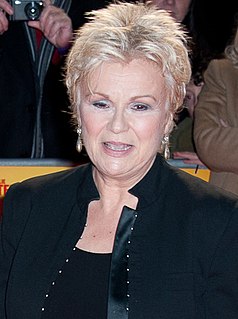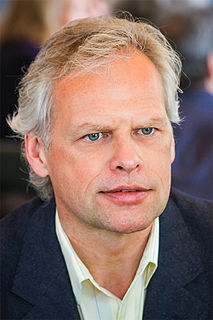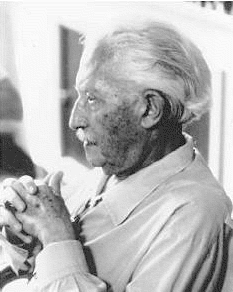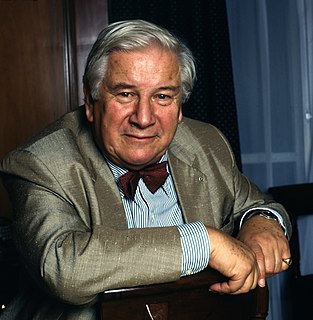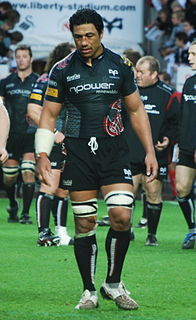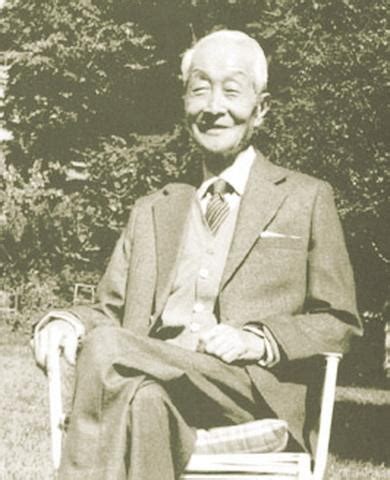A Quote by Julie Walters
As soon as I gave birth, it was as if you understand them. They become people, not kids. You start to identify with them. You see yourself in them.
Related Quotes
You definitely want your kids to understand their heritage, but I don't want my kids to just focus on being black. They are people. I don't want them to judge other people or to be judged. I want them to be good people, so good people will treat them accordingly. I preach that to my kids and everything else falls into place.
It's a long haul bringing up our children to be good; you have to keep doing that — bring them up — and that means bringing things up with them: Asking, telling, sounding them out, sounding off yourself — finding, through experience, your own words, your own way of putting them together. You have to learn where you stand, and make sure your kids learn [where you stand], understand why, and soon, you hope, they'll be standing there beside you, with you.
You've got to be committed. It comes down to setting yourself goals as an individual. In rugby you have team goals that you strive for, but you also set yourself simple goals that are achievable. It helps to write them down so you understand what you need to do, and what your focus is. Put them on your wall, then each time you wake up, you'll see them. Then you can just tick them off once you've achieved them.
I don't have kids, but I've often noticed when people first become parents they seem to completely forget their own adolescence and they start to, as their kids become teenagers, try to do the things that didn't stop them themselves. And I jokingly frame this as: Your brain gets wiped of those memories when you become a parent.
It's always been important to me to be very upfront with people about the fact that I do identify as a feminist because it's an opportunity to expose people to and educated them about the movement. Young women don't identify as feminist is because they don't know any feminists and don't have a comprehensive understanding of what it is, I gave them example and an opportunity to ask about it. And once they saw that I wasn't the embodiment of the negative feminist stereotype - that I was a normal teen girl just like them - I think they became more open to learning about what feminism really is.
